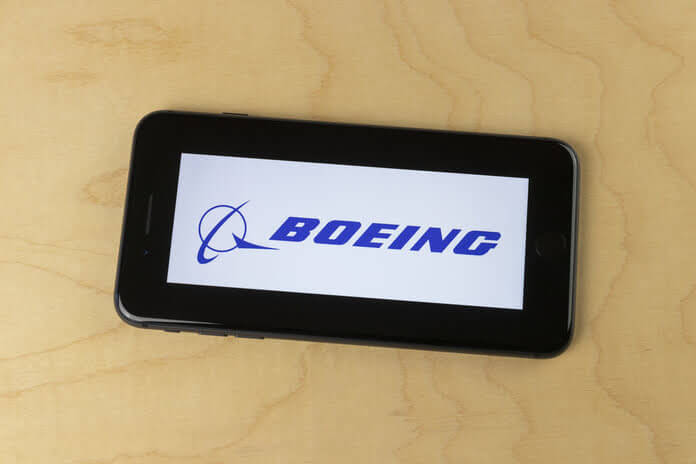Boeing Co. (NYSE:BA) scrapped its plan to generate cash this year and anticipates another significant outflow in the current quarter, as the embattled aerospace giant struggles on multiple fronts to restore production and increase deliveries.
According to Chief Financial Officer Brian West, the cash burn in the second quarter could match or exceed the nearly $4 billion burned through in the first three months of the year. West delivered this sobering forecast at a Wolfe Research conference on Thursday, indicating that the full year is now expected to witness a negative cash flow scenario.
The grim outlook provided by West contrasts with his previous cautious remarks just weeks ago, where he anticipated a messy second quarter but with an improving cash burn situation. However, ongoing challenges, including additional certification requests from China on certain aircraft parts, have complicated Boeing’s recovery efforts. This has resulted in a halt in deliveries to China, a critical market for the aerospace giant, further deteriorating its financial position.
Following West’s announcement, Boeing’s shares plunged as much as 6.7% in US trading, marking the steepest intraday drop in nearly four months. The company’s troubles have been exacerbated by the fallout from a near-catastrophic incident involving a 737 Max 9 plane in January, which exposed quality and safety concerns and led to a leadership shakeup.
West had previously expressed optimism about generating free cash flow in the low single-digit billions for the full year, with expectations of sequential improvement in cash burn. However, the recent setback with China’s Civil Aviation Administration seeking additional documentation has hindered Boeing’s ability to deliver aircraft to the country.
The setback with China comes at a critical time for Boeing, which had only recently resumed deliveries to the country after a five-year hiatus. The resumption of deliveries, particularly of the 737 Max, is crucial for Boeing to generate cash and reduce its stockpile of aircraft built during the global grounding and subsequent pandemic.
Despite the challenges, West remains hopeful about Boeing’s future performance, projecting operational and financial improvement in the third and fourth quarters. He assured stakeholders that the company is committed to addressing its issues diligently, although progress may take time given the nature of the aerospace business.
Looking ahead, Boeing still aims to obtain certification for its 777X widebody model by 2025, although concerns linger over potential further delays. Additionally, the company faces supply chain issues with its 787 model, including shortages of heat exchangers and seats, though these problems are not expected to impact the overall delivery schedule.
Regarding the potential reintegration of Spirit AeroSystems Holdings Inc., Boeing’s key supplier, West expressed optimism about reaching an agreement in the second quarter. However, he emphasized the company’s commitment to maintaining its investment-grade credit rating, indicating a cautious approach to financing any deal.
Boeing’s cash burn in the first quarter prompted credit rating agency Moody’s Ratings to downgrade the company’s credit grade. To shore up its finances, Boeing subsequently raised $10 billion from a bond sale.
The company is due to submit a 90-day plan to address manufacturing and safety concerns to the Federal Aviation Administration on May 30. This plan will outline Boeing’s proposed steps to rectify quality control issues following incidents such as the January mishap involving a 737 Max.
West clarified that the 90-day plan is just the beginning of Boeing’s efforts to address regulatory concerns, emphasizing the company’s commitment to long-term improvement.
With Boeing navigating through turbulent skies, stakeholders await further developments as the company endeavors to overcome its challenges and regain stability in the aerospace industry.
Featured Image: Megapixl















